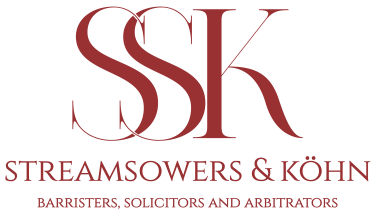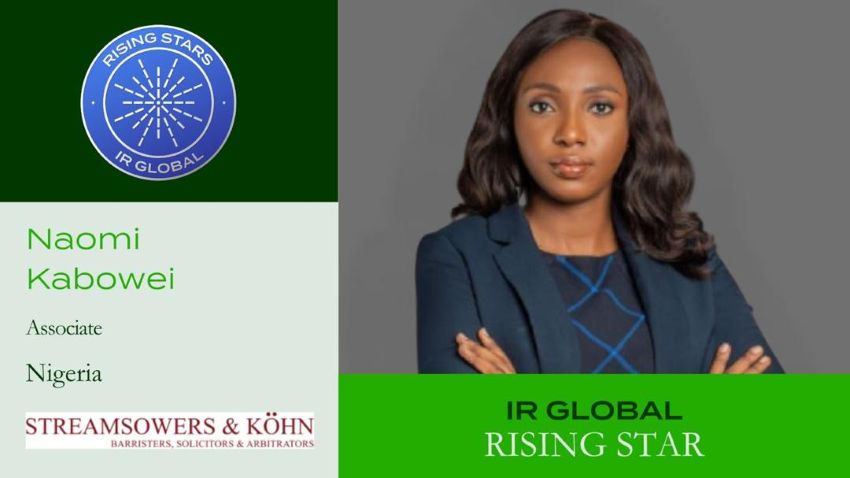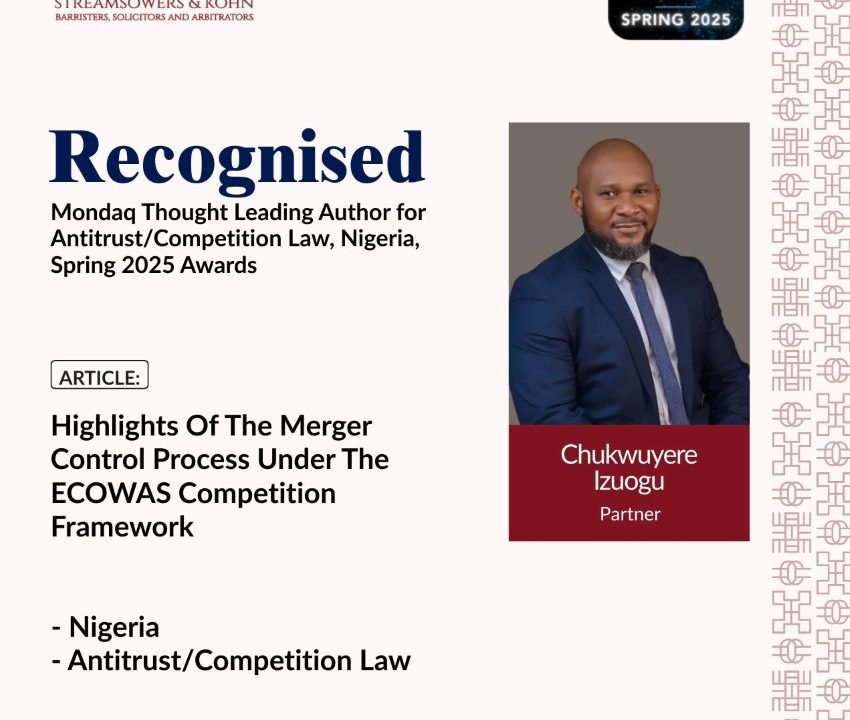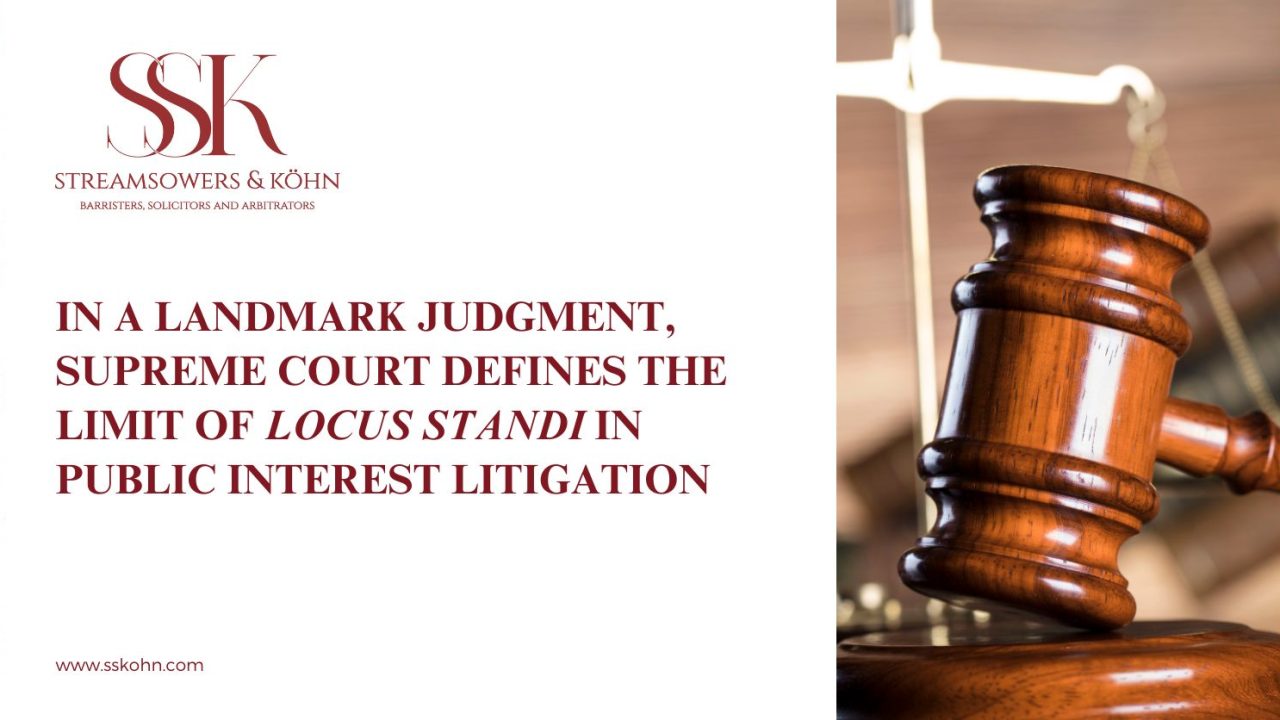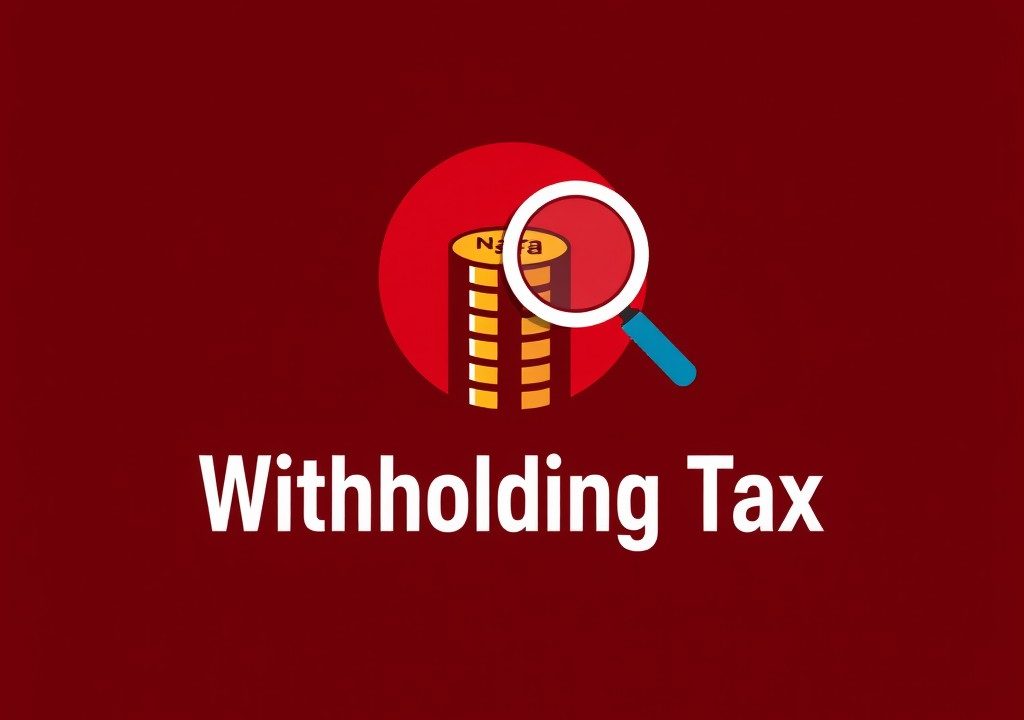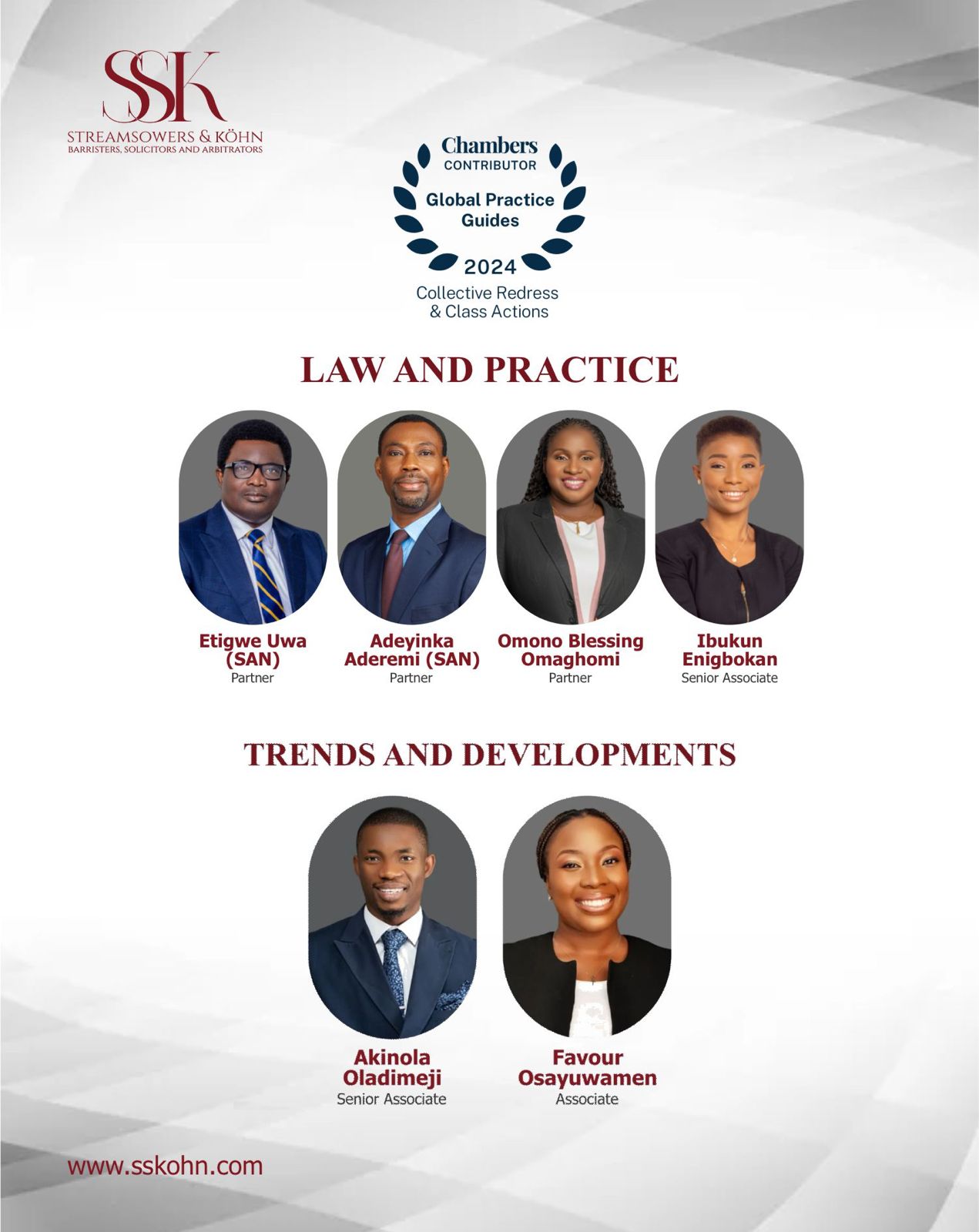We are pleased to share that our Associate, Naomi Kabowei have joined the IR Global Rising Stars. IR Global is the world’s largest exclusive network of advisory firms, and the fastest-growing professional service network in the world, that is dedicated to helping its members provide world-class legal, accountancy and financial advice to companies and individuals across 165+ jurisdictions.
HomeAuthor admin-sskohn
We congratulate our competition law partner, Chukwuyere Izuogu, on being recognised by Mondaq, an international legal publication, as a thought leader in competition and antitrust law in Nigeria for his insightful article, "Highlights of the Merger Control Process Under the ECOWAS Competition Framework."
The basic applicable law in Nigeria on admissibility of evidence is the Evidence Act, 2023 (as amended) (“Evidence Act”). Evidence in support of a party’s case can either be oral or documentary. Oral evidence represents the oral testimony of a witness in Court and includes depositions on oath.
ArticlesA Comparative Analysis On Compressed Natural Gas Adoption In Nigeria: Key Considerations Before Conversion
Following the removal of fuel subsidy, the transition from Premium Motor Spirit (PMS) also known as petrol to Compressed Natural Gas (CNG) represents a critical strategy for enhancing energy solutions for transportation in Nigeria. This article examines the adoption of CNG in Nigeria, highlighting its potential benefits compared to conventional fuels. We will discuss the establishment of key initiatives such as the
In a landmark decision delivered on 7 February 2025, in Appeal No. SC/255/2007: Ngozi Okonjo-Iweala v. Gani Fawehinmi & Ors., the Supreme Court ruled that mere status as a taxpayer does not, in itself, grant a plaintiff standing to initiate a public interest litigation suit.
Streamsowers & Köhn is pleased to have served as counsel of record to Seplat Energy Offshore Limited (SEOL) in its landmark acquisition of the entire shareholding of Mobil Producing Nigeria Unlimited (MPNU). This $800 million cash transaction represents a significant expansion of Seplat Energy Plc’s asset base and operational capacity in Nigeria’s oil and gas sector.
Law and OrderFiduciary Duty and Data Protection: Examining the Court’s Decision in Frank Ijege v Nigeria Data Protection Commission
On 22nd November 2024, the Federal High Court (the Court) in Frank Ijege v Nigeria Data Protection Commission (Suit No. FHC/KD/CS/34/2024) delivered a landmark decision invalidating certain provisions of the Guidance Notice on the Registration of Data Controllers and Data Processors of Major Importance (the Guidance Notice), issued by
ArticlesCorporate LawDeduction of tax at source (withholding) regulations, 2024: What you need to know
On 2nd October 2024, the Deduction of Tax at Source (Withholding) Regulations 2024 (the Regulations), issued by Nigeria’s Minister of Finance and Coordinating Minister of the Economy, Olawale Edun, were published in the official gazette. The Regulations took effect from 1st January 2025.
Class actions have evolved in Nigeria through court rules and judicial decisions. However, the concept is still evolving in Nigerian jurisprudence and is restrictive in nature.
The Nigerian music industry is laced with stories of exploitation and conflict between artists and record labels. It has now become expedient for artistes and entertainers to take a holistic view of what legal protections are available to them and save themselves from countless disputes. The point is that the array of

